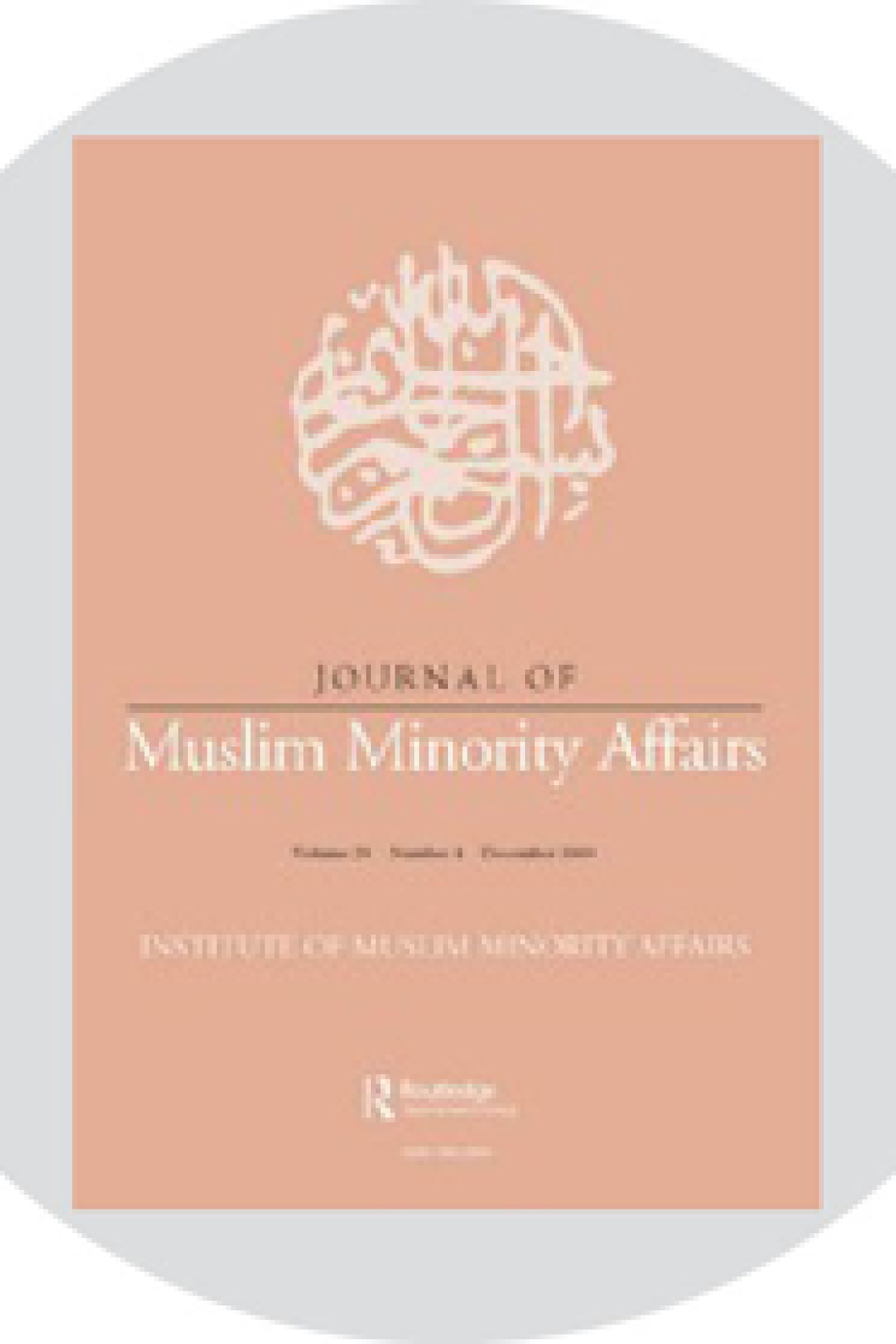New article by Joerg Friedrichs examines Sino-Muslim relations
A new article by Associate Professor Joerg Friedrichs examines the relationship between the centre and Muslim minority groups in China.
Sino-Muslim relations rest upon an informal socio-spatial hierarchy according to which some Muslim groups are more of an asset and others more of a liability. In this informal hierarchy, Hui Muslims are closer to the center than any other Muslim group because they are Sinicized, seen as religiously moderate, and mostly live in proximity to non-Muslim Chinese neighbors. Central Asian Muslims, most notably Xinjiang’s Uyghurs, are more distant from China’s notional center and seen as culturally more alien and prone to religious extremism.
This article discusses the historical roots of this socio-spatial hierarchy and systematically examines Sino-Muslim relations in political, economic, and societal terms. It concludes that, despite problematic features from a western-liberal perspective, the hierarchy continues to enable the Chinese majority to manage a set of otherwise challenging relationships.
Joerg Friedrichs (2017) 'Sino-Muslim relations: The Han, the Hui and the Uyghurs' in Journal of Muslim Minority Affairs 37 (1): 55-79, DOI: 10.1080/13602004.2017.1294373

